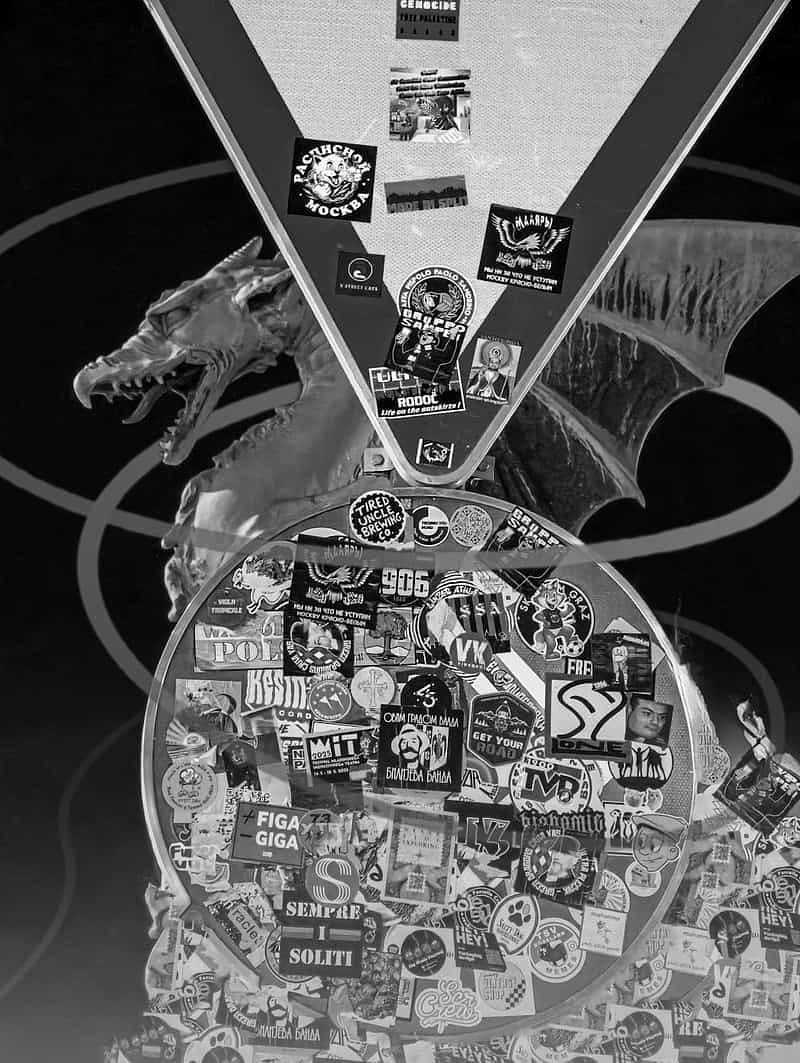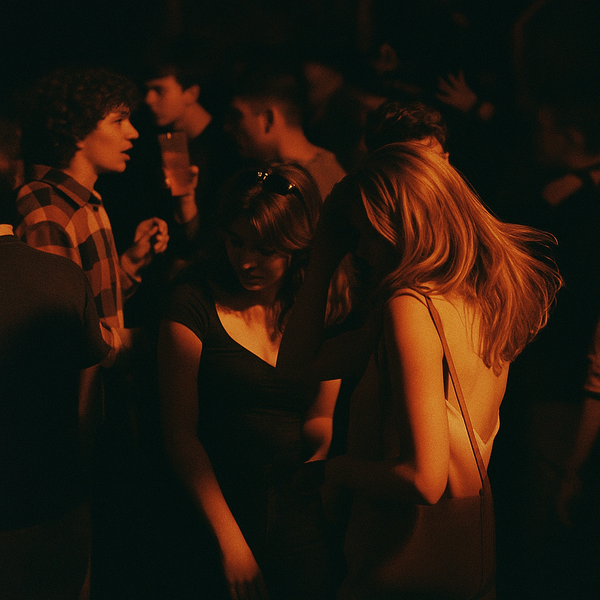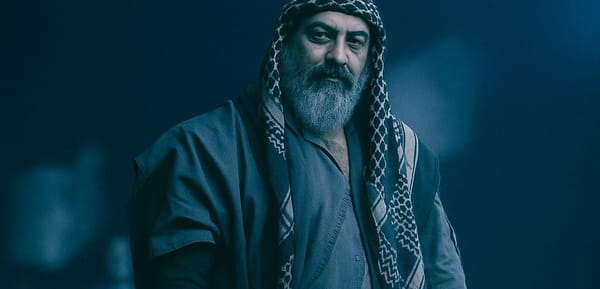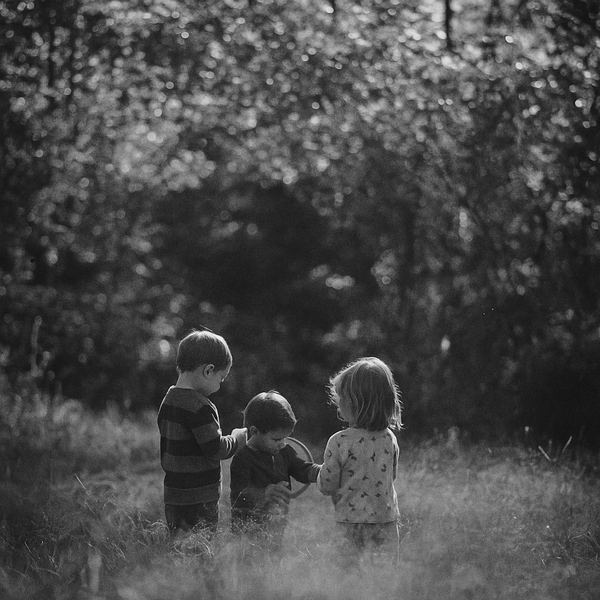AI Battles: Warner Bros vs. Midjourney and the Future of Creativity

Imagine a world where Superman doesn't just leap tall buildings, but gets generated by an algorithm faster than a speeding pixel. Welcome to the copyright thunderdome of 2025, where creative titans are squaring off in a digital showdown that'll reshape how we think about art, ownership, and imagination.
Warner Bros. just dropped a legal haymaker on Midjourney, the AI image generation platform that's been cranking out superhero knockoffs like a bootleg action figure factory. The lawsuit isn't just about Batman or Superman getting AI-remixed—it's a fundamental challenge to the entire concept of creative ownership in the age of generative AI.
At the heart of this digital drama is a simple yet explosive question: Who owns creativity when machines can generate images that look eerily close to decades-old intellectual property? Midjourney's AI has been generating images that look suspiciously like Warner Bros.' iconic characters—close enough to trigger serious legal alarm bells, but just different enough to create a fascinating legal gray zone.
Copyright law was never designed for a world where an algorithm can generate a near-perfect Batman in milliseconds. The current legal framework assumes human creativity as the baseline, which suddenly feels like trying to navigate the internet with a horse-drawn map. Recent court decisions have already signaled the complexity, with U.S. appeals courts rejecting copyright protections for AI-generated art that lacks a human creator.
This isn't just about corporate lawyers flexing. It's a profound philosophical wrestling match about the nature of creativity itself. When an AI can generate an image that looks like it was drawn by a professional artist, who gets the credit? The programmers? The machine? The original artists whose work trained the algorithm?
The stakes are astronomical. We're talking about an industry where visual intellectual property is worth billions. Disney, Universal, and Warner Bros. aren't just protecting characters—they're defending entire narrative universes that represent decades of cultural investment.
Midjourney and similar platforms represent something revolutionary: democratized creativity that can generate stunning visuals at unprecedented speed. But that democratization comes with a price. Artists and corporations are watching their carefully crafted visual languages get algorithmically remixed without consent or compensation.
The potential solutions are as complex as the problem. Some propose mandatory licensing frameworks where AI companies would pay royalties for training data. Others suggest developing more sophisticated "creative fingerprinting" technologies that can distinguish between inspiration and outright copying.
The Generative AI Copyright Disclosure Act, still winding its way through legislative channels, hints at potential regulatory approaches. But technology moves faster than law, and these platforms are already reshaping creative landscapes faster than regulators can respond.
For individual creators, the message is clear: adaptation is survival. Understanding how AI tools work, how they're trained, and how to potentially leverage them becomes as crucial as traditional creative skills. This isn't about replacement—it's about collaboration.
The Warner Bros. lawsuit against Midjourney isn't an endpoint. It's a beginning—a critical moment where we're collectively negotiating the boundaries of creativity in a world where machines can dream in pixels.
The superhero in this story isn't Superman. It's nuanced, collaborative thinking about what creativity means when the tools of creation are changing faster than we can comprehend.
Practical Takeaway: If you're a creator, start experimenting with AI tools. Understand them. Don't fear them—but don't assume they're a magic wand, either.
Models used: GPT-4o, gpt-image-1




